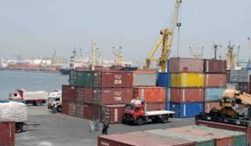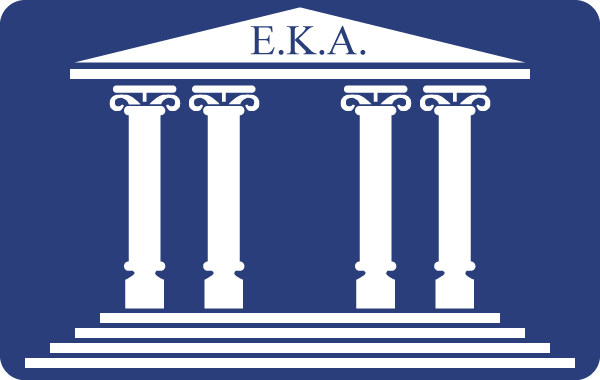Tag: Egypt
-

Egypt to launch cruise lines with Greece in latest efforts to revive tourism
As part of the state’s continuous efforts to attract additional tourists and revive the country’s ailing tourism industry, Egypt’s Ministry of Tourism reached an agreement with Greece last week to launch cruise lines between the two countries, international relations advisor to the Tourism Minister Samy Mahmoud said. The trips will begin with medium-sized cruise ships…
-

Value of trade between Egypt, Greece drops to $1.3bn in 2016
Trade exchange between Egypt and Greece dropped 21.9% in 2016 to $1.3 billion from $1.7 billion in 2015, said chairman of the Greek side to the Egyptian-Greek business council Ioannis Yiotis. Yiotis was addressing the third forum of the council which was hosted by the Egyptian Businessmen Association on Wednesday. He asserted that both sides work on promoting economic relations,…
-

Archaeologists uncover 17 mummies in Egyptian necropolis
An Egyptian archaeological mission has found a necropolis holding at least 17 mummies near the Nile Valley city of Minya, in the first such find in the area, the antiquities ministry said on Saturday. The discovery was made in the village of Tuna al-Gabal, a vast archaeological site on the edge of the western desert.…
-

E-Khorda: An Opportunity for Egyptians to Make Gold from E-Waste
E-waste is one of the fastest growing wastes in the world. Communication and technological literacy is increasing, and access to electronics and electric appliances is rapidly growing, and consequently so is electronic waste. Material such as lead, cadmium, mercury, zinc, and many more, are all found in all electronic and electrical devices used daily in…
